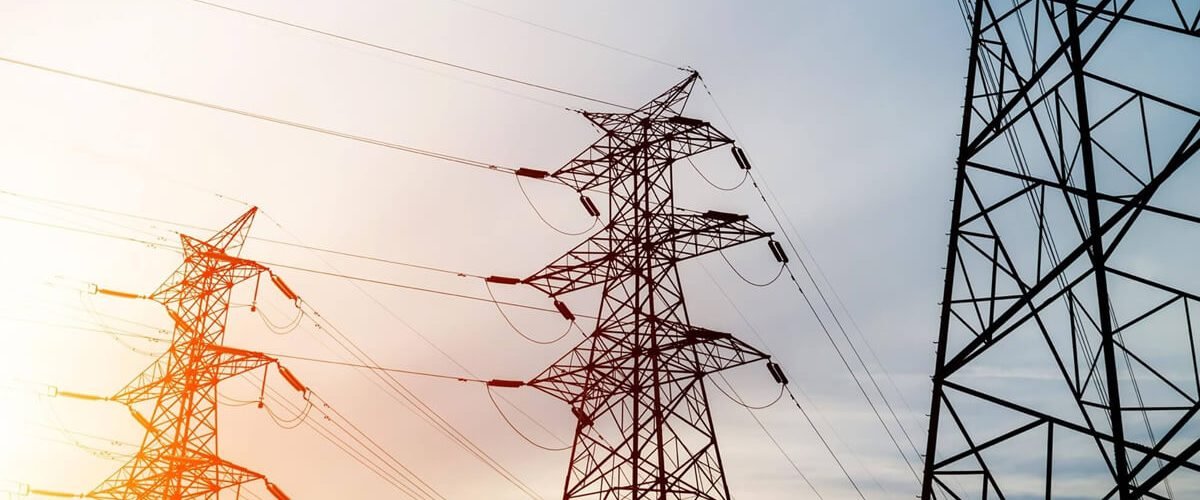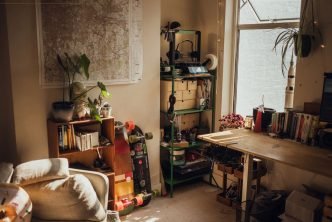If you’re like many other Australians, you’re probably curious about what’s going on with power costs and how you can make sure you’re not overpaying for your electricity.
It’s critical to understand electricity usage charges to guarantee you’re getting the best bargain from your energy provider. We all use power, and the expense of doing so is sometimes referred to as a usage charge. These prices are included in your electricity bill and will have a significant impact on how much you pay. So, let’s keep you up to date on all you need to know.
The cost of the electricity you consume in your house is referred to as an electricity usage charge, sometimes known as a consumption charge or variable charge. It’s the amount you pay for each unit of electricity your home uses daily. For your next bill, each kWh is normally summed up and computed.
You might be curious about how these charges are calculated and how much your provider charges. It may surprise you to learn that electricity charges are calculated in kWh (kilowatt-hours), with most retailers costing between 25 and 40 cents per kWh, depending on your state and tariff. The impact of the usage charge on your bill is determined by how much electricity you use, which is why it’s critical to make sure you’re getting the greatest price per kWh possible.
It’s tough to say what a fair price is because electricity usage rates vary by location. However, the average rate in NSW is 22.96c/kWh, and an electricity usage fee is listed as ‘cents per kilowatt-hour’ (c/kWh) on your bill, in case you’re curious. It’s usually noted on the bill’s second page or the back.
As a result, queries such as, “Who sets these charges?” may arise. Is this the only thing that’s causing my bills to rise? What is the greatest way to discover the best electricity deal in NSW? Why do I have multiple usage charges on my bill? In this article, Econnex will address all of these concerns.
Electricity usage prices are set by the state government or independent power retailers, depending on whether your state has a deregulated electricity market. Individual electrical retailers in states like Victoria, New South Wales, and South Australia can determine their usage rates, conditions, and tariff plans after purchasing electricity from the National Electricity Market. While electricity usage charges are established by the governments of Western Australia, the Northern Territory, and Queensland. Energy costs are still regulated in many locations, and they’re a hot political topic because many people believe deregulation hasn’t benefited consumers.
While the electricity charge, or the price you pay per kWh, accounts for only a portion of your bill, there is a greater contributor known as a fixed or supply charge. This supply charge is the daily cost of having energy delivered to your home and remaining connected to the network. A supply charge is levied regardless of how much energy you consume and is levied even if you do not use any electricity. When looking for the finest electricity deals in NSW, it is also important to look for discounts, since there are many energy plans with reductions that provide real value.
If your electricity bills are displaying more than one usage charge, it may be because your supplier or distribution network reflects all applicable tariffs and they may be divided down into separate periods.
There’s a lot to worry about, and finding the best electricity deal in NSW to suit your preferences isn’t easy. That is why Econnex has done the math for you, and you can use our comparison tool to get the best electricity offer in your area.





